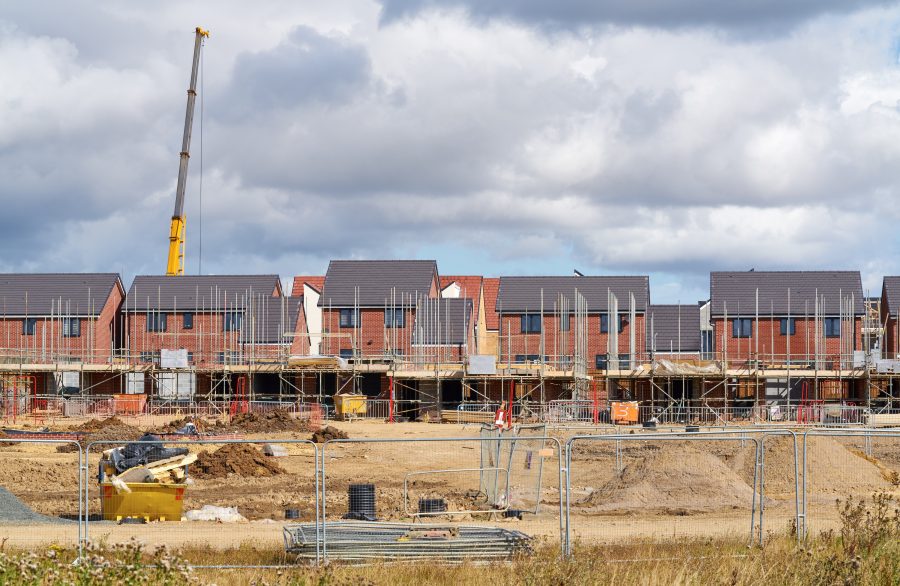By Simon Baillie-Hamilton, partner and head of the rural business and property team at Mayo Wynne Baxter.
The South East has a chronic shortage of housing, and local authorities are under pressure to meet central government targets.
Inflation, a reduction in government support and the cost-of-living crisis are squeezing margins, and any ways of generating new capital are welcome.
Landowners and farmers, however, should proceed with caution and seek expert professional advice when considering approaches from developers.
The search begins
Housebuilders, development promoters, planning consultants and other intermediaries are scouring the country, particularly the overpopulated South East of England, for potential new sites.
Many landowners will be approached by developers and their intermediaries, who find out who owns land through searches at the Land Registry.
Such an approach could be an opportunity for landowners to get land promoted for housing development at little or no initial cost or risk to them.
Prudent landowners must secure the most favourable deal available; developers and promoters are driven by profit, and any first offer is unlikely to set out the best deal they will be prepared to offer.
Intermediaries identify sites and can play a helpful role in bringing together developers and landowners. While they can be a useful catalyst, they are not independent, usually being engaged and paid by the developers, with a definite potential for a conflict of interest which they will often not recognise or acknowledge.
My strong advice to landowners is to consult a suitably qualified and experienced development surveyor at an early stage. They will advise on and negotiate commercial terms and will usually be able to ensure that their fees are settled by the developer.
Structure of deals
The surveyor will be able to advise on the suitable deal structure for each area of land and landowner. The two main ones will be:
- An option agreement: the developer takes on the responsibility of promoting the land through the planning system. If they are successful, they will then have the option to buy the land, usually getting the costs of promotion reimbursed and often getting a discount on the open market value.
- A promotion agreement: the developer/promoter will carry out the first task of promoting the land through the planning system. If this is successful, the land will be sold on the open market. The intermediary will again be reimbursed their planning promotion costs, but instead of a discount on market value, they will generally be paid a fee, usually a percentage of the market price paid.
Under certain circumstances a conditional contract might be suggested, which might be appropriate for smaller developments.
Under both of the main structures, the developer/promoter will almost always take on all initial financial risk, paying professional fees for the landowner and all consultants’ fees and planning application costs. If successful, they will be well rewarded but will have unlocked significant uplifts in value at no risk to the landowner.
The initial pre-legal stage will involve the surveyor putting together detailed heads of terms, covering the rights and the duties of both parties. An overview from the landowner’s solicitor, if they have experience of such deals, can be useful at this stage.
Early involvement of suitably experienced professionals is essential. Tax advisers should be consulted to check on the VAT and capital gains tax/income tax implications.
There are certainly opportunities out there, as well as associated pitfalls.







